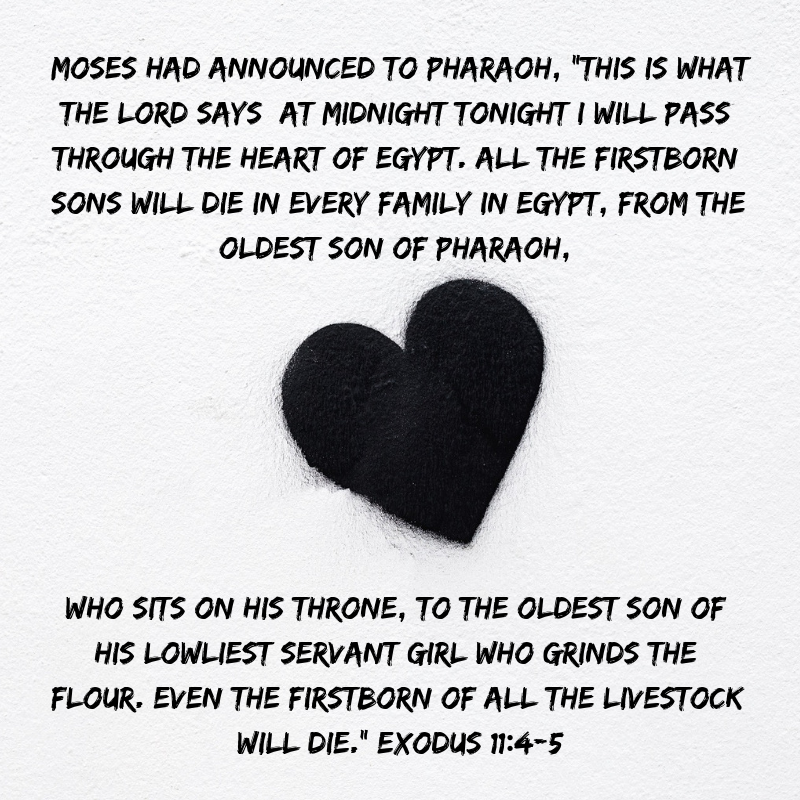Perhaps Jesus said the Kingdom was for children
because children accept their lot in life.
Often, they don't know any different
and even if they did,
what can they do about it?
Children accept
and try to find ways of being content.
Adults, on the other hand,
have learned better?
and have trouble accepting
what they don't want or can't understand.
Er wouldn't accept a mantle of morality.
Onan wouldn't accept a surrogate's role.
Judah wouldn't accept the position of widower.
Shelah wouldn't accept his brothers' leftovers.
Tamar wouldn't accept childless singlehood.
It's no wonder, then, that
centuries later,
Mary is called "favored of God"
and chosen as the one
to bear the burden of raising the Savior.
For how many people—
even in the very pages of sacred Scripture—
ever responded
to what they didn't want or couldn't understand
by saying
Let it be to me according to your will?
We so idolize those who
won't acquiesce
refuse to bow down
fight back
stick it to the man
get angry
that we are blind
to the holiness that comes with
accepting the lot we wouldn't choose—
if only it were up to us.


















